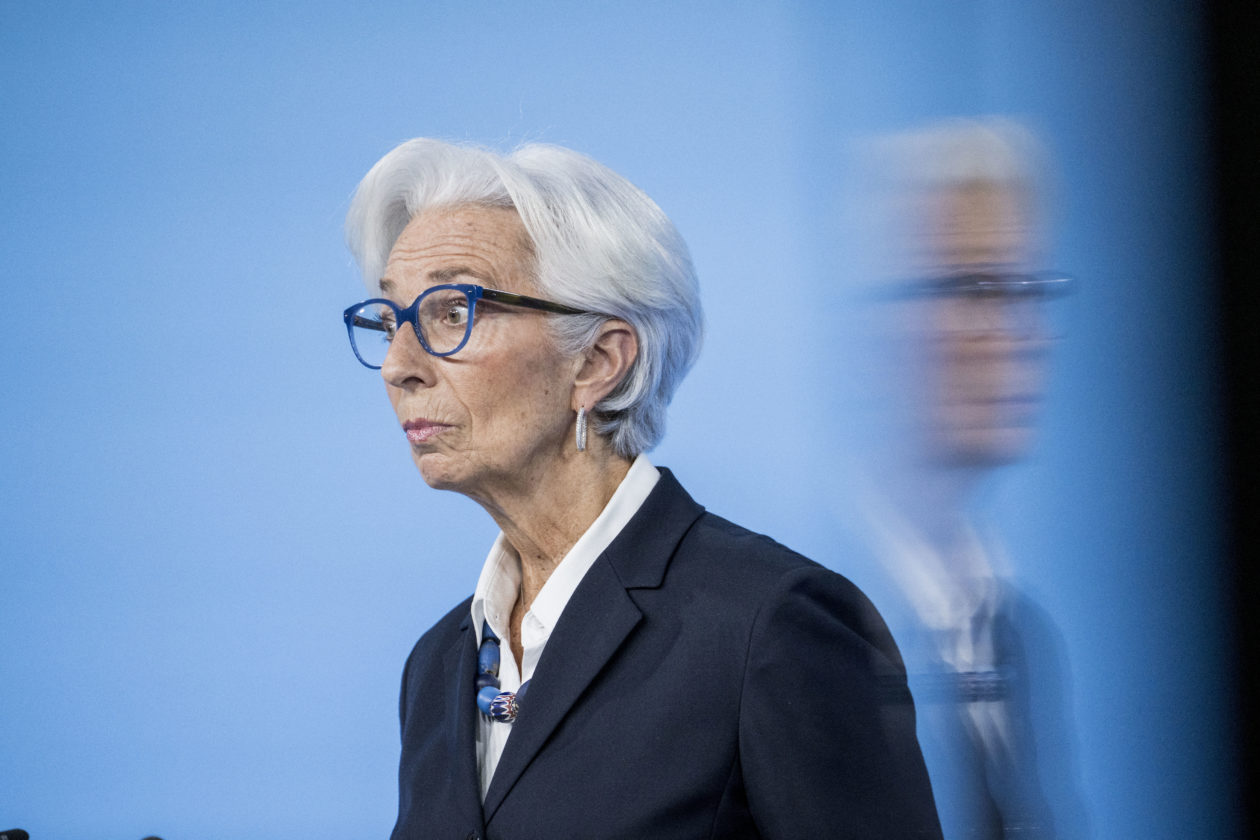European Central Bank (ECB) President Christine Lagarde recently fell victim to a prank call in which she unwittingly revealed that Europe’s central bank digital currency (CBDC), the digital euro, will have a “limited amount of control.” In the video prank posted online last month, a prankster impersonating Ukraine President Volodymyr Zelensky had a conversation with Lagarde.
See related article: CBDCs are coming. Here’s why you should worry
Fast facts
- “We are considering whether for very small amounts, anything that is around €300 [or] €400, we could have a mechanism where there is zero control, but that could be dangerous,” said Lagarde, recalling a previous terrorist attack in France that was believed to be financed by rechargeable and anonymous credit cards.
- Late last month, the European Union introduced new cash payment limits of €7,000 (US$7,645). The cap is lower in some member states of the EU, such as €1,000 in France and Italy. The region also imposes restrictions on anonymous crypto asset transfers over €1,000.
- Lagarde also said in the video that the decision on the digital euro is expected to be made this coming October.
- The prank call and its resulting revelations come amid a larger discussion about CBDCs and the role they may play in the future of global finance. While some see CBDCs as a way to modernize and streamline financial systems, others have expressed concern about the potential for government overreach and loss of privacy.
- Robert F. Kennedy Jr., who recently filed to run for U.S. president in 2024 as a Democrat, shared his concerns on CBDCs via Twitter on Wednesday.
- “A CBDC tied to digital ID and social credit score will allow the government to freeze your assets or limit your spending to approved vendors if you fail to comply with arbitrary diktats, i.e. vaccine mandates.” Kennedy’s verified account tweeted.
- “The Fed will initially limit its CBDC to interbank transactions but we should not be blind to the obvious danger that this is the first step in banning and seizing Bitcoin as the Treasury did with gold 90 years ago today in 1933.”
- At least 114 countries are currently exploring CBDC developments, according to the Atlantic Council.
See related article: How Europe’s MiCA can pave the way for crypto’s revival





